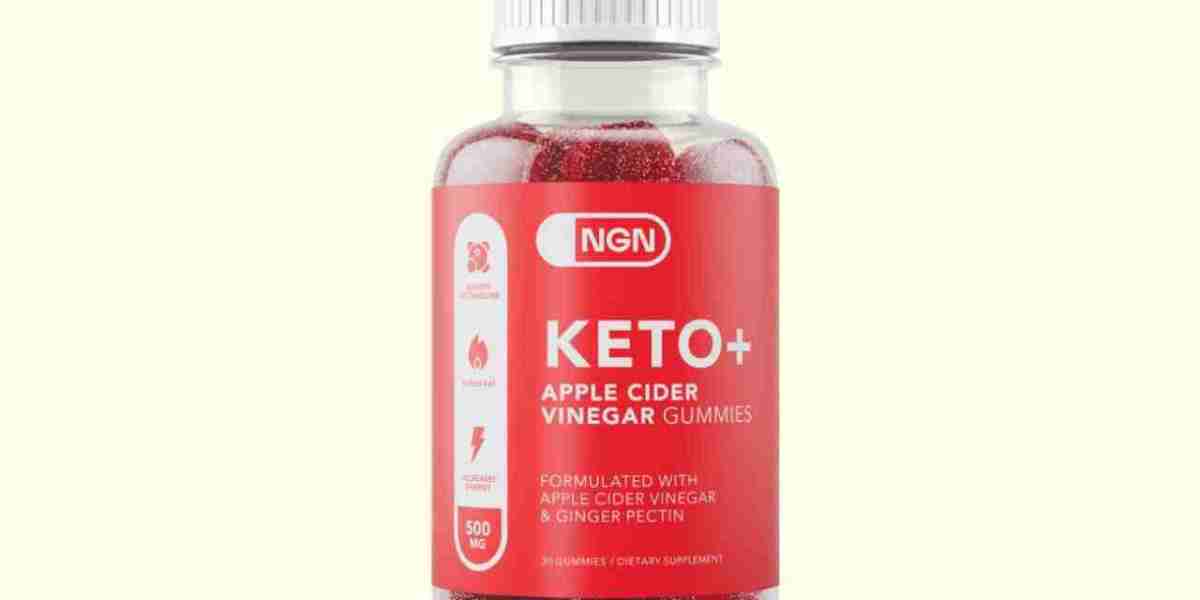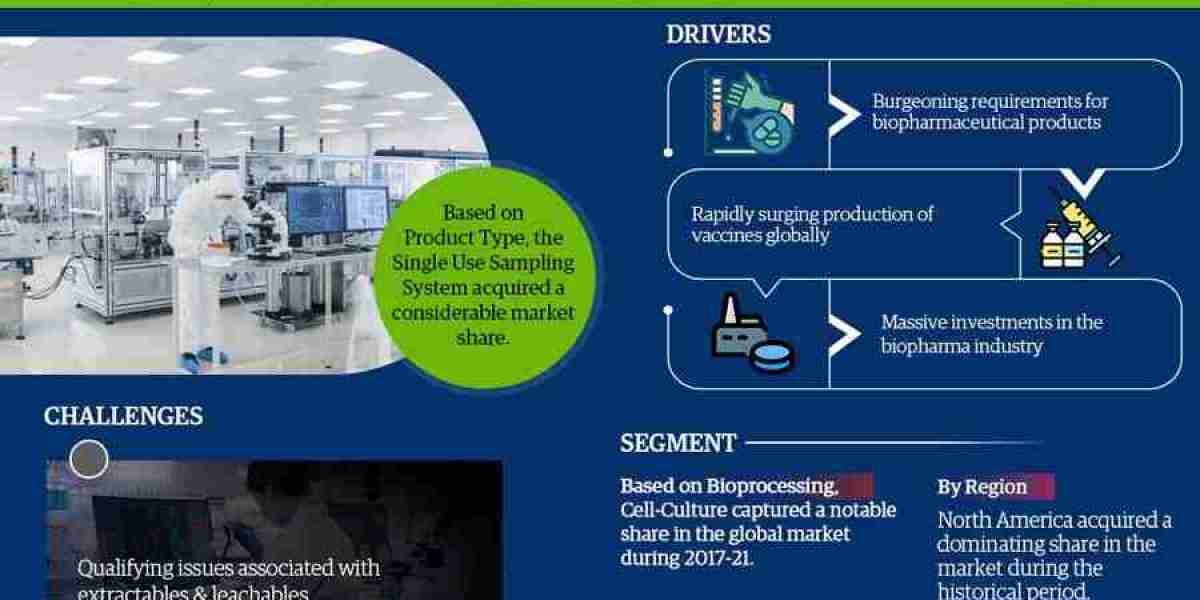In the realm of chemical contract manufacturing, quality assurance (QA) plays a pivotal role in ensuring that products meet the required standards of safety, efficacy, and compliance. As businesses increasingly rely on third-party manufacturers to produce their chemical products, the importance of a robust quality assurance system cannot be overstated. This article explores the critical role of quality assurance in chemical contract manufacturing, highlighting its significance, processes, and impact on overall business success.
Understanding Chemical Contract Manufacturing
Chemical contract manufacturing involves outsourcing the production of chemical products to specialized manufacturers. This arrangement allows companies to leverage the expertise, facilities, and resources of contract manufacturers while focusing on their core competencies, such as research and development, marketing, and distribution. However, with this outsourcing comes the responsibility of ensuring that the products produced meet stringent quality standards.
The Importance of Quality Assurance
Quality assurance is a systematic process that ensures products are consistently produced and controlled according to quality standards. In chemical contract manufacturing, QA is essential for several reasons:
1. Ensuring Product Safety
Safety is paramount in the chemical industry. Quality assurance processes help identify and mitigate risks associated with chemical production. This includes:
Raw Material Verification: Ensuring that all raw materials used in production meet specified quality standards and are sourced from reputable suppliers.
Process Control: Monitoring production processes to prevent contamination, ensure proper handling, and maintain the integrity of the chemical products.
2. Compliance with Regulations
The chemical industry is heavily regulated, with strict guidelines governing the production, handling, and distribution of chemical products. Quality assurance ensures compliance with these regulations, which may include:
Good Manufacturing Practices (GMP): Adhering to GMP guidelines helps ensure that products are consistently produced and controlled to quality standards.
Environmental Regulations: Compliance with environmental regulations is crucial to minimize the impact of chemical manufacturing on the environment. QA processes help ensure that waste management and emissions meet regulatory requirements.
3. Enhancing Product Quality
Quality assurance is integral to maintaining and enhancing product quality. This involves:
Testing and Validation: Conducting rigorous testing of raw materials, in-process materials, and finished products to ensure they meet specified quality criteria.
Continuous Improvement: Implementing a culture of continuous improvement allows manufacturers to identify areas for enhancement and optimize production processes.
4. Building Customer Trust
In the competitive landscape of chemical contract manufacturing, building trust with customers is essential. A strong quality assurance program demonstrates a commitment to quality and safety, which can enhance customer confidence. This is particularly important for industries such as pharmaceuticals, where product quality directly impacts patient safety.
5. Reducing Costs and Risks
Investing in quality assurance can lead to significant cost savings in the long run. By preventing defects and ensuring compliance, companies can avoid costly recalls, legal issues, and damage to their reputation. Additionally, a robust QA program can help identify inefficiencies in production processes, leading to improved operational efficiency.
Key Components of Quality Assurance in Chemical Contract Manufacturing
To effectively implement quality assurance in chemical contract manufacturing, several key components must be considered:
1. Quality Management System (QMS)
A comprehensive quality management system is the foundation of effective quality assurance. A QMS outlines the processes, procedures, and responsibilities for achieving quality objectives. It should include:
Document Control: Ensuring that all quality-related documents are properly managed, reviewed, and updated.
Training and Competence: Providing training for employees to ensure they understand quality standards and procedures.
2. Standard Operating Procedures (SOPs)
Developing and implementing standard operating procedures is crucial for maintaining consistency in production processes. SOPs should cover all aspects of manufacturing, including:
Production Processes: Detailed instructions for each step of the manufacturing process to ensure consistency and quality.
Quality Control Procedures: Guidelines for testing and inspection to verify that products meet quality standards.
3. Regular Audits and Inspections
Conducting regular audits and inspections is essential for identifying areas for improvement and ensuring compliance with quality standards. This includes:
Internal Audits: Regularly reviewing processes and procedures to ensure adherence to quality standards and identify areas for improvement.
Supplier Audits: Evaluating the quality systems of suppliers to ensure that raw materials meet specified standards.
4. Data Analysis and Reporting
Collecting and analyzing data related to quality metrics is vital for continuous improvement. This includes:
Tracking Defects: Monitoring defect rates and identifying trends to address underlying issues.
Performance Metrics: Establishing key performance indicators (KPIs) to measure the effectiveness of quality assurance processes.
Conclusion
Quality assurance is a critical component of chemical contract manufacturing that ensures product safety, compliance, and quality. By implementing robust QA processes, companies can build trust with customers, reduce costs, and enhance their overall competitiveness in the market. As the chemical industry continues to evolve, prioritizing quality assurance will be essential for businesses looking to thrive in a complex and regulated environment.
What People Also Ask
What is chemical contract manufacturing?
Chemical contract manufacturing involves outsourcing the production of chemical products to specialized manufacturers, allowing companies to leverage their expertise and resources.
Why is quality assurance important in chemical manufacturing?
Quality assurance is essential to ensure product safety, compliance with regulations, and the maintenance of high product quality, which builds customer trust and reduces risks.
What are the key components of a quality assurance program?
Key components include a quality management system (QMS), standard operating procedures (SOPs), regular audits and inspections, and data analysis and reporting.
How can quality assurance reduce costs in chemical manufacturing?
By preventing defects and ensuring compliance, quality assurance can help avoid costly recalls, legal issues, and inefficiencies in production processes, leading to significant cost savings.
What role do audits play in quality assurance?
Audits are crucial for identifying areas for improvement, ensuring compliance with quality standards, and evaluating the effectiveness of quality assurance processes.







